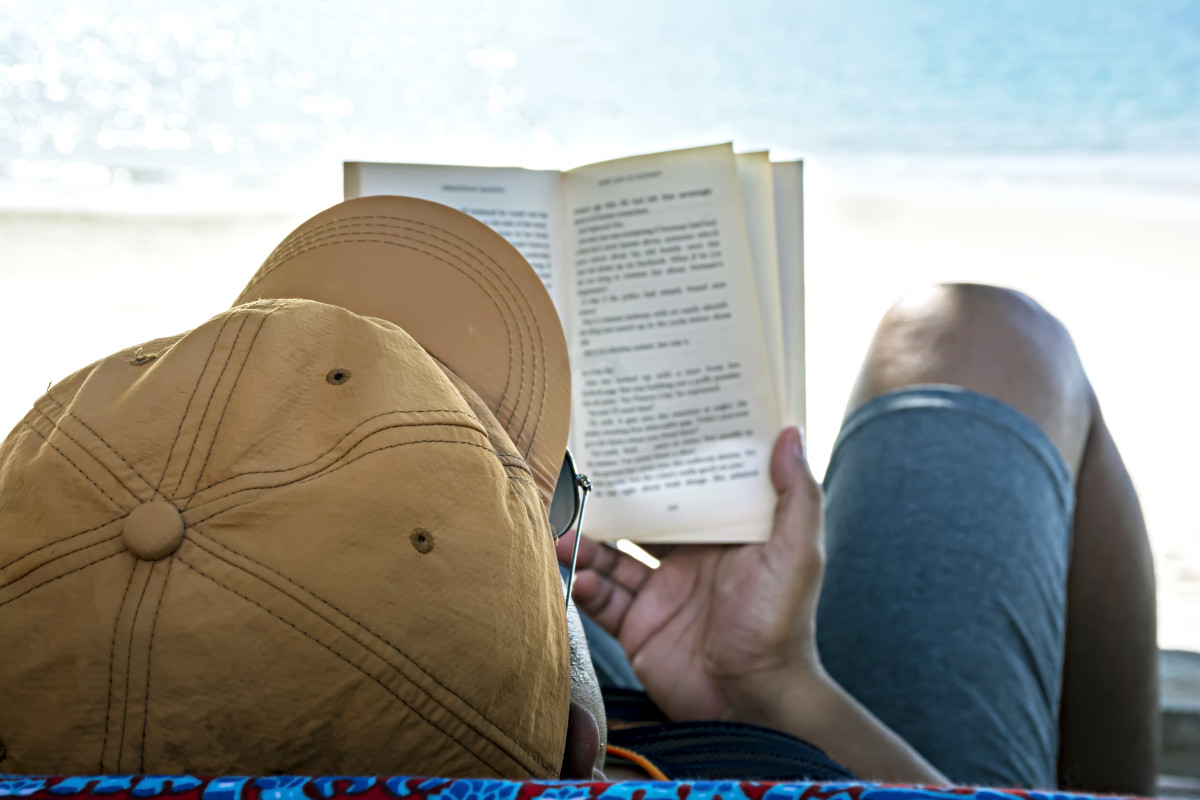
Getty
Surf literature isn’t, always, an oxymoron. And sure there’s a load of books out there in the Amazon warehouses that depict surfing in all its forms. Autobiographies, biographies, coffee-table beauties, travel guides, and how-tos.
Yet quality surfing literature is thinner on the ground. Surfing, for some inexplicable reason, doesn’t always lend itself to great works of art. Greats like Philip Roth, Dom DeLillo and Richard Ford used baseball and football as metaphors for life, rather than getting tubed. But great surf writing does exist, if you look carefully. Here we look at a reading list containing some of the best surf, or surf-adjacent, books for you to read this summer.
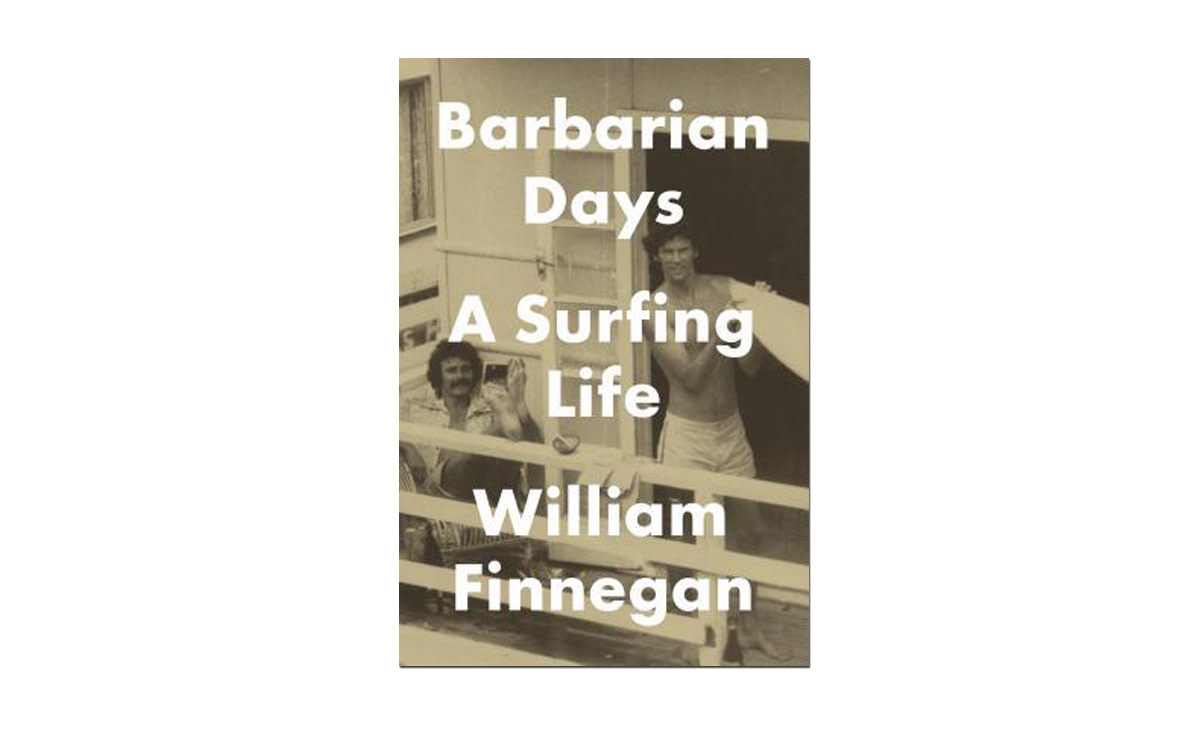
Audible
Barbarian Days by William Finnegan
William Finnegan’s luscious memoir about his life-long infatuation with surfing, and to a lesser extent writing, won a Pulitzer Prize. Barbarian Days evokes a deep nostalgia for travel in the pre-internet and pre-mobile phone days. It is an old-school adventure story, an intellectual autobiography and a social history. From growing up in California as a teenager, being one of the first surfers at Tavarua and big-wave escapades in his 50s at Madeira, all of Finnegan’s tales make this the best surf book written in the 21st Century, and maybe ever.
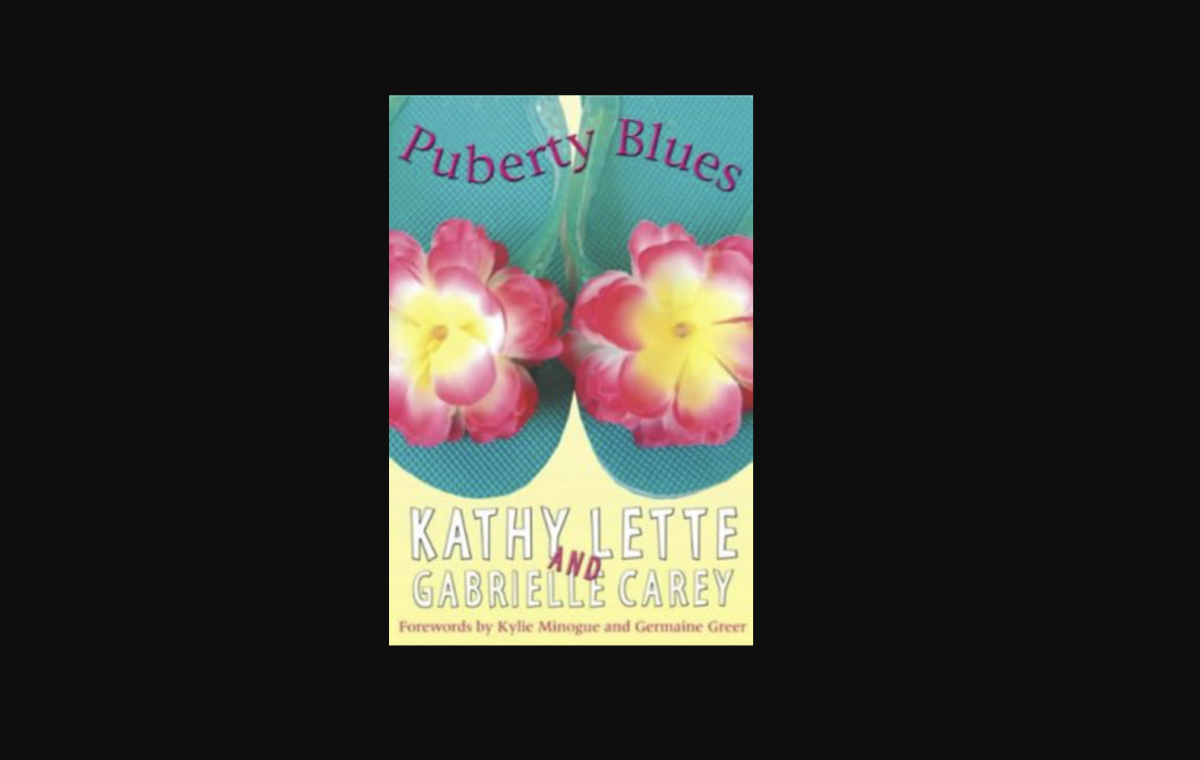
Puberty Blues by Kathy Lette
Puberty Blues by Kathy Lette
Women are seriously underrepresented in this list, and genre, so Kathy Lette’s Puberty Blues is all the more important in breaking down and laughing at the misogyny in surfing. Narrated by 13-year-old Debbie, it describes an era in the 1970s in Cronulla, Sydney where girls are expected to wait patiently on the beach or fetch food while their boyfriends do all the surfing. And while the book takes on heavy topics like sexism, gang rape, heroin and miscarriage, the girls’ bravery, scathing humor and inside take on surf culture made it a groundbreaking feminist cult classic. Lette was 17 when she wrote the book that, in her words, described her teenage life “as about surfies, panel vans, straight-leg Levis, nicking off from school, getting wasted and fitting in. But why should guys have all the fun?”
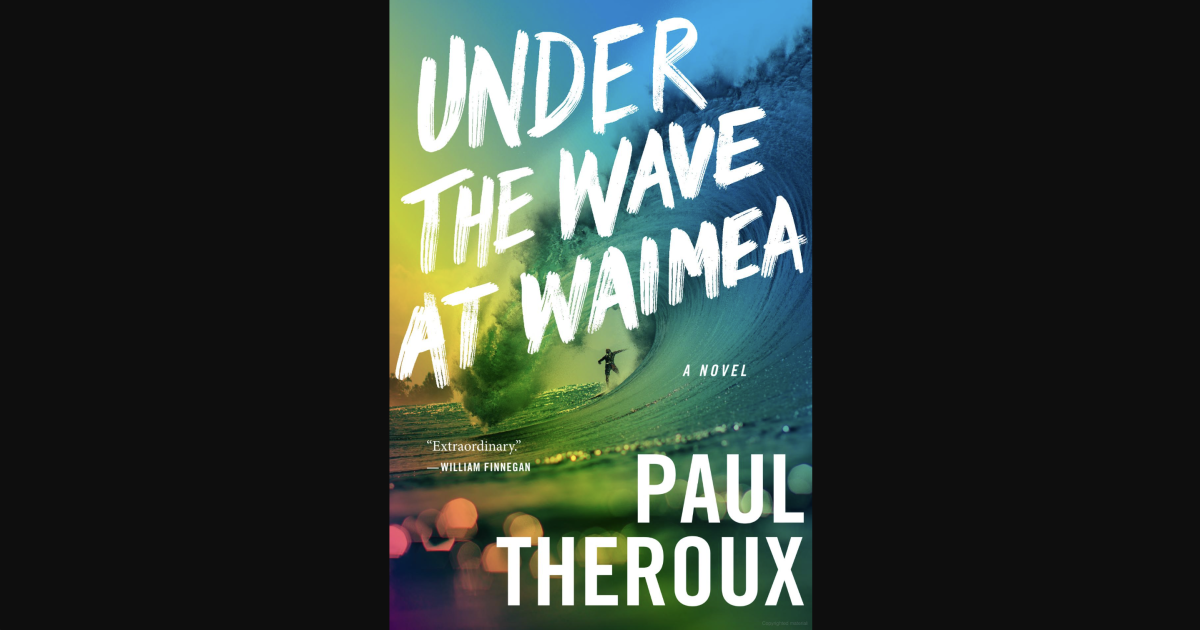
Under the Wave at Waimea by Paul Theroux
Probably best known for his novel-turned-movie The Mosquito Coast and his genre-bending travel books including Dark Star Africa, Paul Theroux makes a good first of “getting” this surfing thing – and eighty years old. The plot focuses on 60-plus big-wave surfer Joe Sharkey, who has passed his prime and is losing his stoke. Driving home drunk from a bar, he kills a stranger near Waimea, which sends his life out of control. It’s a little heavy on the detail, but with themes of aging, privilege, mortality, and lashings of death, drugs and alcoholism, Theroux’s atmospheric prose gets you to paddle to the ledge, and then take off.
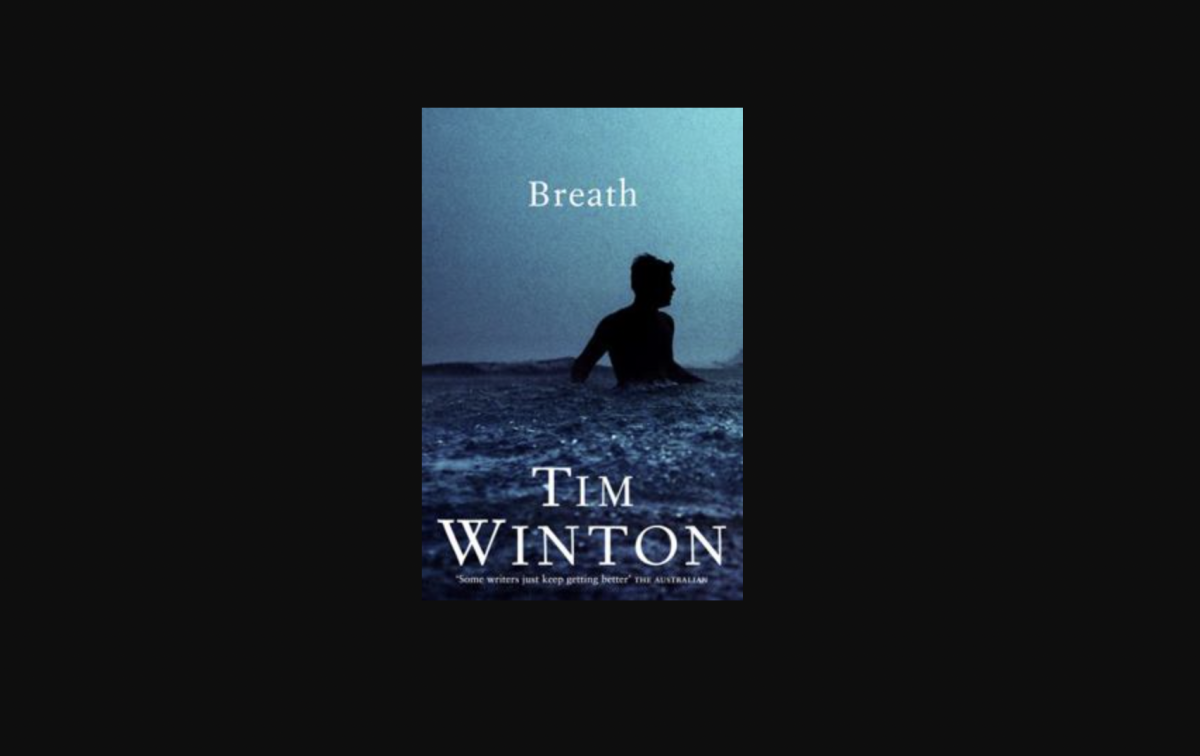
Breath by Tim Winton
“How strange it was to see men do something beautiful,” says the 14-year-old narrator of Tim Winton’s Breath. “Something pointless and elegant, as though nobody saw or cared.” Like all of Winton’s books (which are all worth reading), it is set in the fictional Western Australian town of Angelus. It follows two adolescent boys mentored by a legendary local surfer named Sando. Winton details the endless obsession with the power of the breath, exploring their limits through physical prowess, relationships, and eventually sexuality. Winton is a surfer, and few describe it more viscerally. “How the wave drew me forward and I sprang to my feet, skating with the wind of momentum in my ears, I leant across the wall of upstanding water and the board came with me as though it was part of my body and mind. The blur of spray. The billion shards of light.”
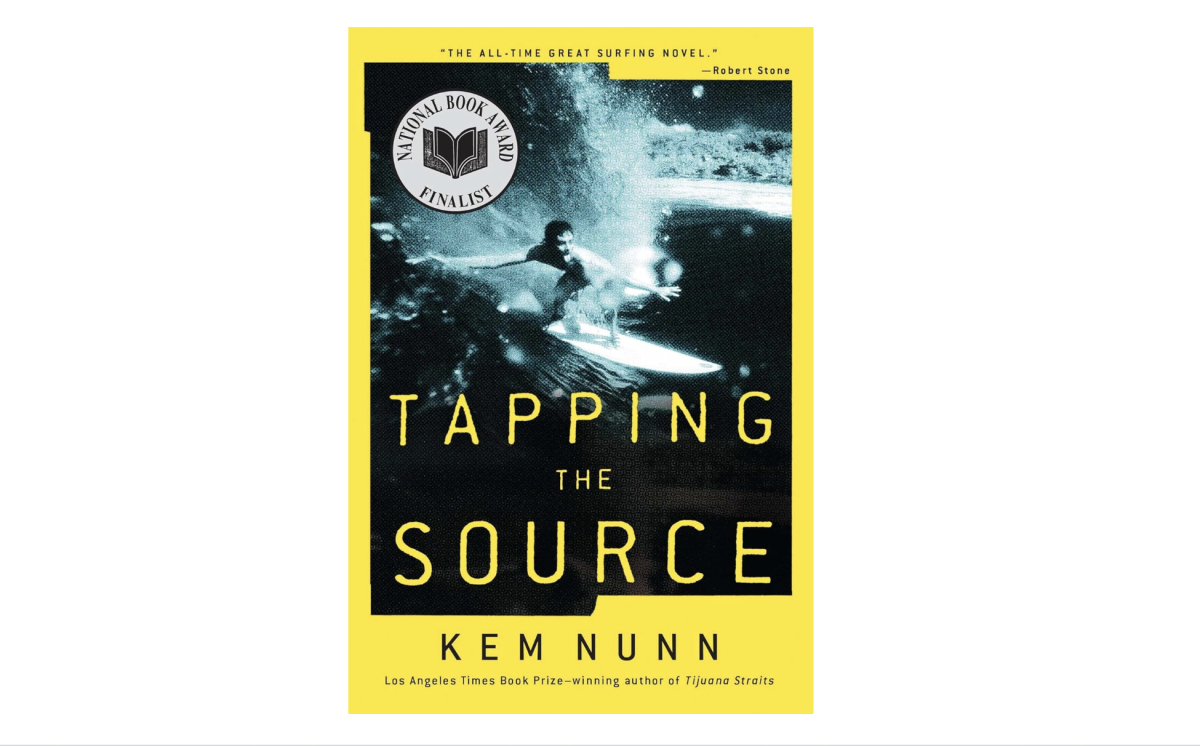
Tapping The Source by Kem Nunn
The Kelly Slater of the surf literary scene. Tapping The Source was Nunn’s debut novel written in 1984 and has dominated the genre ever since. The plot line is standardish noir; a sister goes missing in Huntington Beach and her brother leaves their inland desert home to find her, only to uncover a litany of crime, of which he is dragged into. Yet the dark twists, the coverage of the seedy underbelly of the Californian surf scene and the page-turning narrative made this an instant classic. His following books Tijuana Straits and The Dogs of Winter could, and should, make this list, but it is Tapping The Source that set the bar in surf-lit that few authors have ollied over. And we can’t blame him for being the inspiration for Point Break.
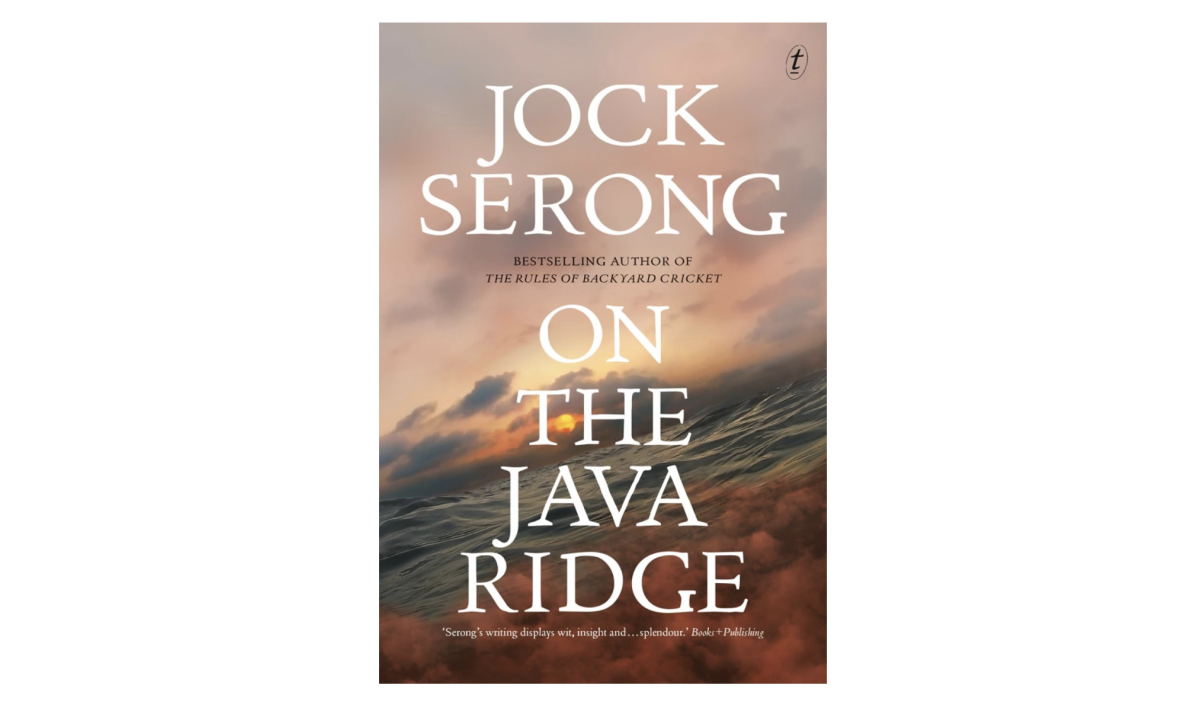
On The Java Ridge by Jock Serong
Jock Serong’s “A Short History Of… (thongs, seagulls, boardshorts)” series that featured in Australia’s Surfing World magazine were some of the sharpest and funniest surf journalism ever written. They hinted at a vast talent he has since realized in his award-winning crime novels. On the Java Ridge, in which a group of surfers tries to rescue a refugee boat from a storm in Indonesia, has the pace and tension of a political thriller, and what a reviewer said contains “some of the most compelling, heartstopping writing about the sea since Patrick O’Brian.” Add his compassion for modern-day immigrants, anger at their treatment by Australian governments and an intimate knowledge of surf culture and this becomes one of surf-lit’s best examples.
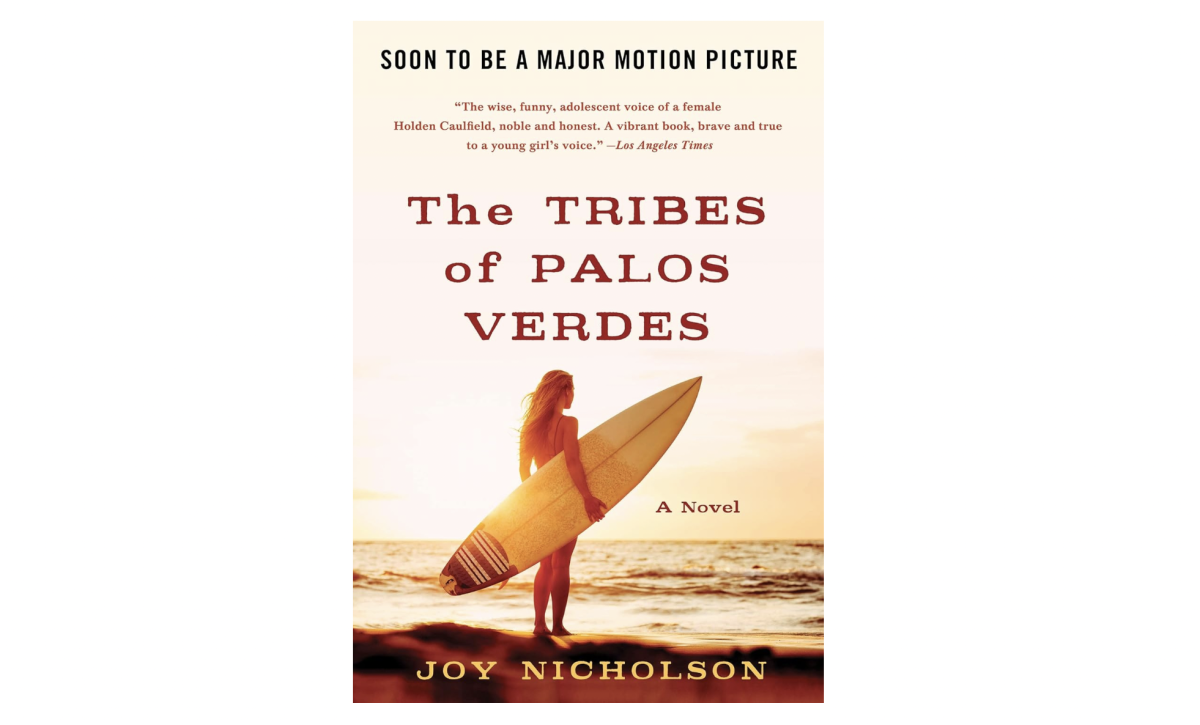
The Tribes of Palos Verdes by Joy Nicholson
No surprise that this sparse, taut, coming-of-age story is set in the wealthy suburbs of Palos Verdes. It tells the story of siblings Medina (no relation to Gabriel) and Jim, who find different ways of dealing with their parents’ disintegrating marriage. Jim does booze and drugs, while Medina turns to the ocean and surfing to deal with her parents’ madness and brother’s self-harm. Described as a West Coast answer to Ang Lee’s The Ice Storm, Nicholson’s The Tribes of Palos Verdes strips back the veneer of upper-middle-class suburbia to see the heartbreak and dysfunction underneath. Emmett and Brendan Malloy later adapted the book into a 2017 film featuring Jennifer Garner and Alicia Silverstone, with less success.
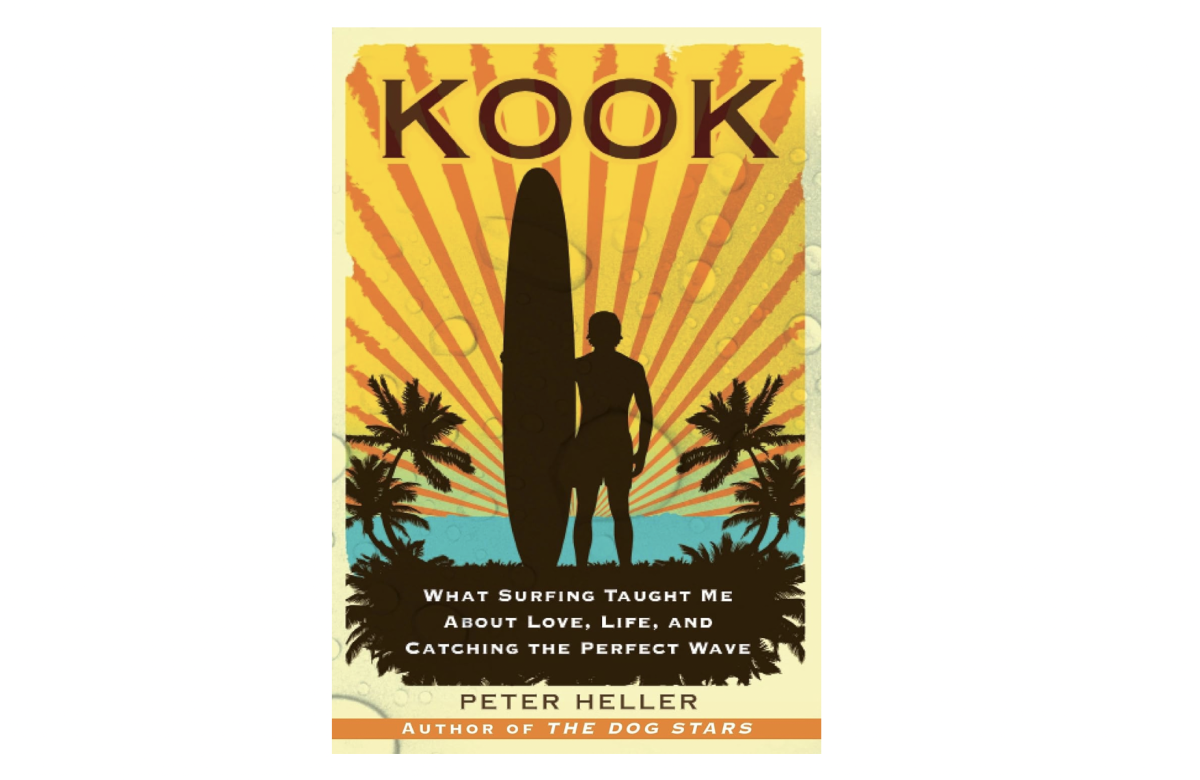
Kook by Peter Heller
Can a man drop everything in the middle of his life, pick up a surfboard, learn from mentors, and learn to ride a big, fast wave in six months? And by doing so, can he learn to love someone but himself, and care for the oceans, which are in crisis? Yep, a lot of big questions in there, but Peter Heller in Kook, makes a pretty good fist of answering them with grit, poetry and humor. The acclaimed author of The River and The Whale takes on surfing late in life, hence the title, and goes on a journey of discovery trying to seek adventure and love while crafting a meaningful life. The tagline “What Surfing Taught Me About Love, Life, and Catching the Perfect Wave,” might be well, a little kookish, but with his honest, clear prose matched by his exuberant fearlessness, this is a kook you don’t want to fade.
Related: Interview: 1993 World Champion Pauline Menczer Talks New Book “Surf Like a Woman”

